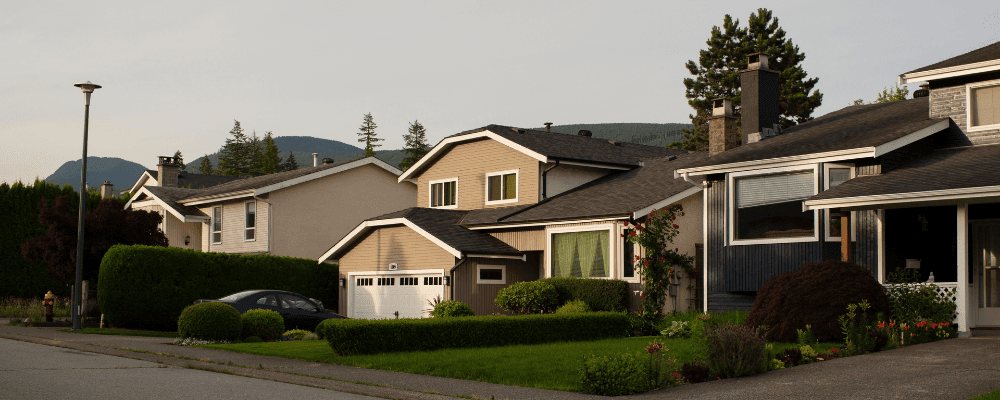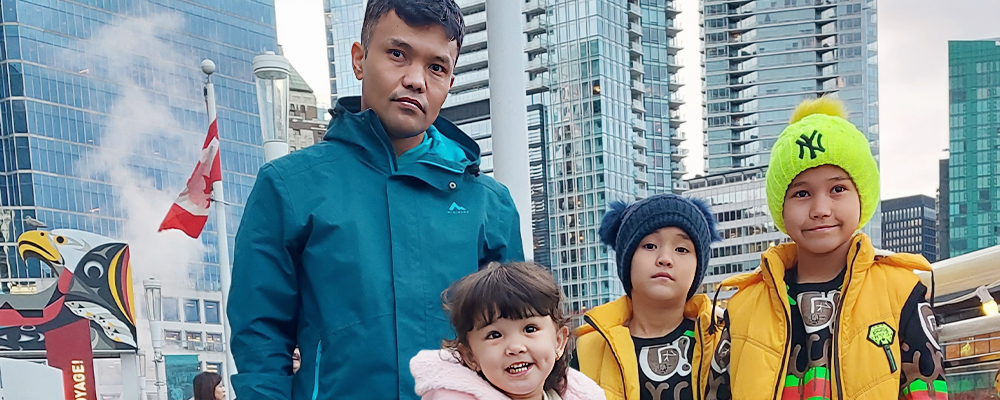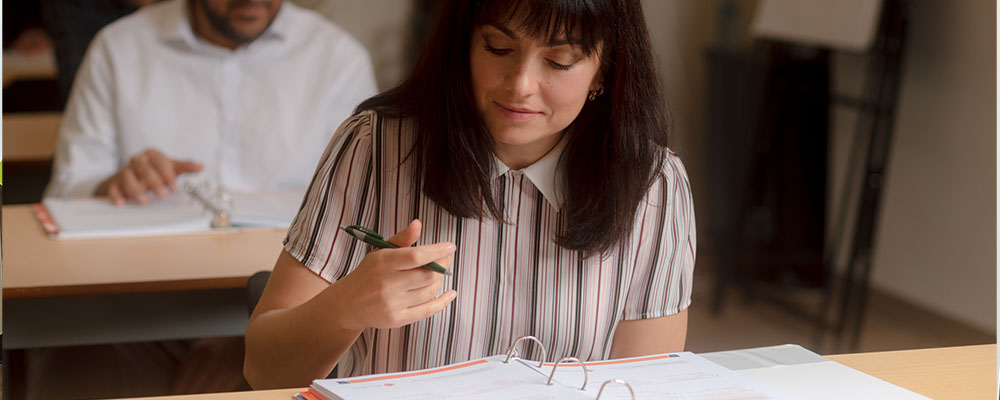By Joyce Leppington
Leading up to National Indigenous Peoples Day, we invited Joyce Leppington to share her journey and reflections on what meaningful Indigenous engagement looks like in practice, and the kinds of shifts, personal and structural, needed to walk a better path forward.
Joyce (she/her) is a consultant, educator, and advocate of xʷməθkʷəy̓əm (Musqueam), Sts’ailes, and Métis heritage. With over two decades of experience, she specializes in Indigenous engagement, cultural safety, and systemic change. Her work centres on fostering equity and reconciliation in education and community systems, drawing from both academic grounding and lived experience.
A Path to Meaningful Change
I come from the xʷməθkʷəy̓əm (Musqueam) and Sts’ailes Nations on my mother’s side, and Métis on my father’s. My life experiences have shaped the lens through which I see the world and do my work. It’s a lens that blends resilience, emotional awareness, and a commitment to rebuild relationships between Indigenous and non-Indigenous communities.
Growing up in the foster care system, I experienced firsthand the disconnection from culture, belonging, and safety. That lived experience ignited a fire in me to create systems that are relational and not performative, to ensure others find the belonging I often lacked. My work is not only shaped by academic knowledge but deeply rooted in these life experiences that inform how I show up—with integrity and heart.
Through my years of work as an Indigenous cultural consultant, I’ve found that many individuals and organizations want to be better allies but often feel unsure of where and how to start.
Remember, allyship isn’t self-proclaimed, it’s earned. It’s about being accountable, not just supportive. It means asking: “Am I walking beside Indigenous people, or am I speaking over them?” True allyship shows up in action, humility, and long-term commitment, not hashtags.
Allyship in Action
There are no quick fixes when it comes to meaningful Indigenous engagement. Real allyship requires us to move beyond performative gestures and have the courage to show up for uncomfortable truths. Here are ways to begin that work:
- Learn from Indigenous Voices
Follow Indigenous leaders, organizations, and creators. Read books and articles written by Indigenous authors. Pay attention to the stories that challenge your perspective. Learning is an ongoing process, and true understanding requires humility.
- Engage with Community Events
Attend Indigenous-led events and acknowledge their significance as directed by the community. Whether it’s a public cultural ceremony or an educational event, immerse yourself with respect and open-mindedness.
- Examine Systems and Use Your Voice
Ask difficult questions within your workplace and life. How does your organization perpetuate colonial practices? Where can you initiate change? Push for policies that amplify Indigenous voices and prioritize cultural safety.
- Be Relationally Accountable
Intentions without accountability fall short. Relationships with Indigenous people and communities require consistency, trust, and genuine respect. Ask yourself regularly, “Am I showing up in a way that creates equity and collaboration?”
A Vision for Transformation
If systemic transformation is to happen, Indigenous communities must be at the helm. I see a future where reconciliation moves beyond words into action. This includes preserving and protecting lands, revitalizing Indigenous languages, and dismantling colonial systems that continue to cause harm.
I dream of a world where Indigenous youth don’t just survive but thrive, where relationships built on trust and accountability flourish, and where financial wellness, cultural governance, and equity are not aspirations but realities.
Walking Together Toward Change
National Indigenous Peoples Day is more than a celebration; it’s a call to action. It’s a reminder for all of us to reflect on our role in reconciliation and what steps we can take toward systemic change. Whether that’s through amplifying Indigenous voices or challenging existing norms within your sphere of influence, your actions matter.
For individuals and organizations looking to take the next step in fostering true Indigenous engagement and cultural safety, I highly recommend exploring the resources and workshops offered by Len Pierre Consulting. Their work in reconciliation, decolonization, and Indigenous cultural safety is transformational. Together, we can continue walking this path with integrity, awareness, and relational accountability.




